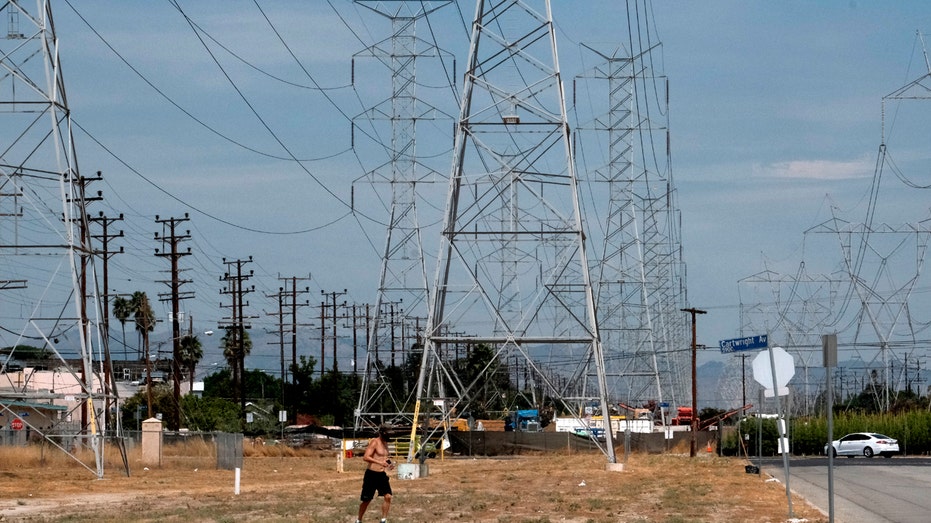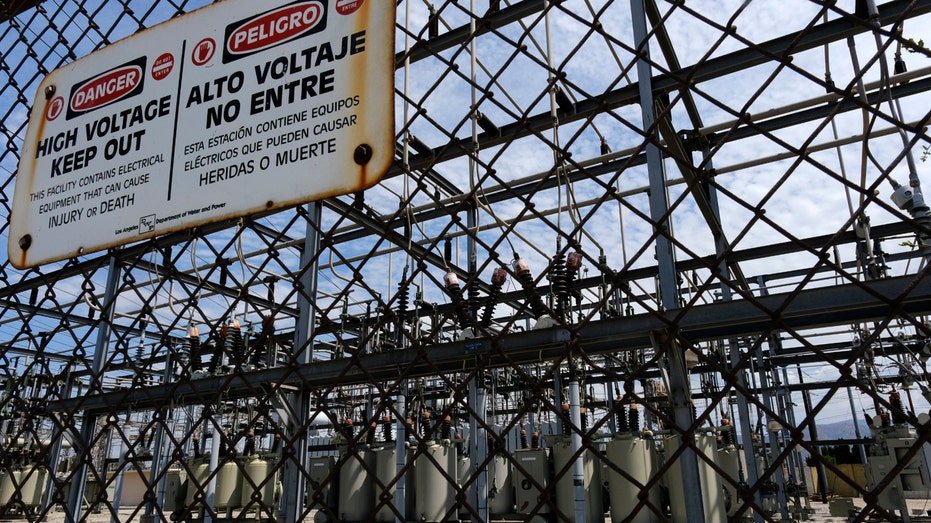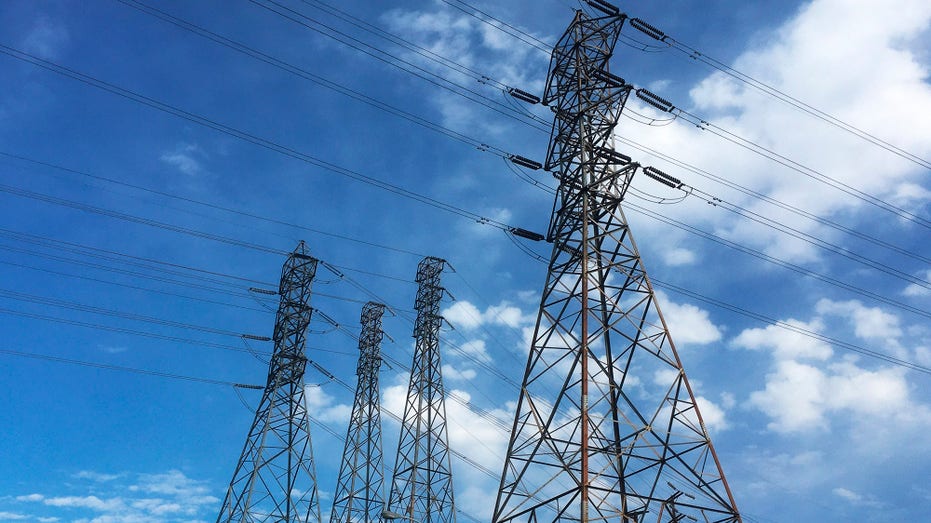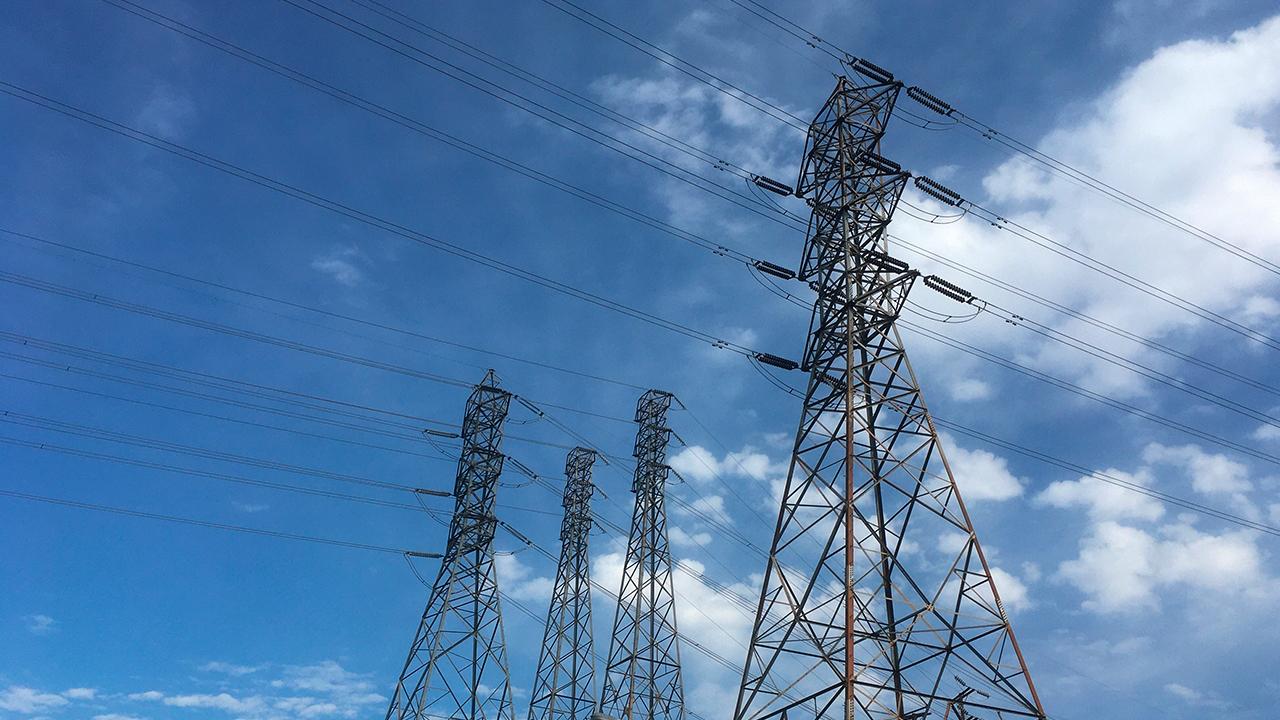California rolling blackouts during summer heat wave caused by 3 main factors, report says
The first statewide power outages in California in nearly 20 years that left the state with rolling blackouts in August was due to a combination of factors that included an "extreme heat storm," according to a report released Tuesday.
The Calfornia Public Utilities Commission (CPUC), California Energy Commission, and California Independent System Operator (ISO), which manages most of the state's electric flow, said in their joint report that planning targets have not kept pace with climate change-induced extreme weather events and transition to renewable energy.
“The extreme heat storm in August was an extraordinary one-in-35-year event that, with climate change, is unfortunately becoming more common,” CPUC President Marybel Batjer said in a statement. “We will absolutely adjust our planning, procurement, and market policies to meet these changing circumstances and ensure our energy future is clean, reliable, and affordable for all Californians.”
CALIFORNIA POWER TROUBLES, ROLLING BLACKOUT THREAT DRAW IRE OVER RENEWABLE ENERGY TRANSITION
The state groups were ordered by California Gov. Gavin Newsom to investigate the rotating outages that impacted the state for two straight days on Aug. 14 and 15.

California in August ordered rolling power outages for the first time since 2001 in August as a statewide heat wave strained its electrical system. (AP Photo/Richard Vogel)
The 121-page preliminary report said there was "no single root cause" of the outages, but rather a "series of factors" that contributed to the emergency.
A heat wave across the West that sent temperatures to 130-degrees in Death Valley caused major demand across the state as Californians tried to stay cool, which was cited as one of the three main factors. The report said that power sources such as natural gas plants tend to run less efficiently during extreme heat, which reduced output.
CALIFORNIA HEAT WAVE SPURS WARNING TO CONSERVE ENERGY TO AVOID ROLLING BLACKOUTS
The state's transition to more renewable energy sources also means there weren't enough sufficient resources to meet power demands in the early evening hours when solar energy output drops.
"This makes balancing demand and supply more challenging," the report said. "These challenges were amplified by the extreme heat storm."

California in August ordered rolling power outages for the first time since 2001 in August as a statewide heat wave strained its electrical system. (AP Photo/Richard Vogel)
The report also noted a third factor was that some practices in the day-ahead energy market "exacerbated the supply challenges under highly stressed conditions."
GET FOX BUSINESS ON THE GO BY CLICKING HERE
Going forward, officials said they are working to plan for similar heat storms that may develop in August and September, as well as making sure to have enough resources while transitioning to a renewable energy grid.
The report also recommends that the generation and storage projects for a renewable energy grid under construction be completed by their targeted online dates, to make sure enough resources are available by 2020.

California in August ordered rolling power outages for the first time since 2001 in August as a statewide heat wave strained its electrical system. (AP Photo/John Antczak)
“This preliminary report is an important milestone to guide our next steps as we strengthen California’s electric grid,” Energy Commission Chair David Hochschild said in a statement. “The CEC is committed to continuing to work closely with our sister agencies to build a more resilient and reliable grid and keep pace with rapidly accelerating climate impacts our state is experiencing while also ensuring clean and affordable energy for all Californians.”
READ MORE ON FOX BUSINESS BY CLICKING HERE




















